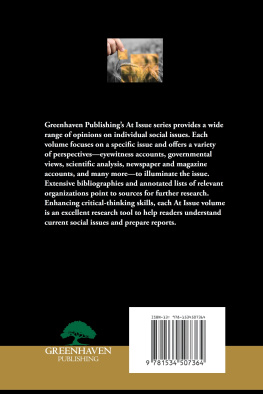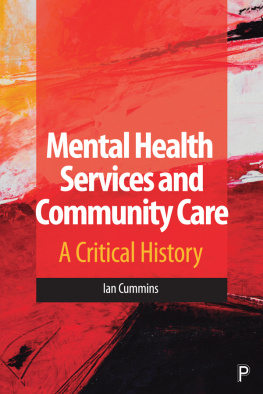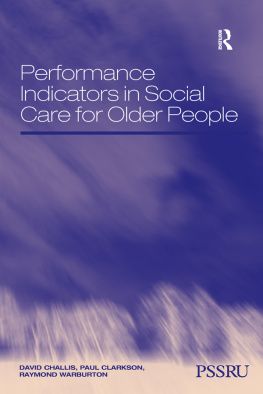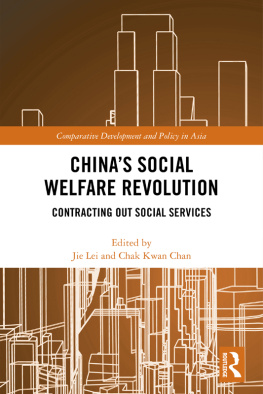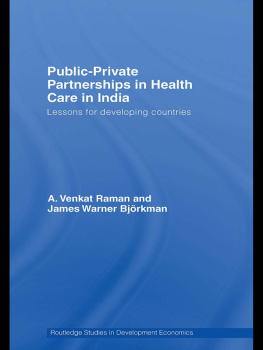
REALISING PARTICIPATION
| CENTRE FOR HEALTH RESEARCH AND EVALUATION | |
The Centre for Health Research and Evaluation was set up within the School of Health Studies in November 1993. There are presently five full-time equivalent research staff working at the Centre.
The main aims of the Centre are to:
Provide a focus for interdisciplinary research and scholarship in the School of Health Studies;
Provide independent research and consultancy services in health and social care services research and evaluation;
Develop research partnerships within health and social care purchasers and providers;
Act as a resource for non-medical health services research and evaluation;
Support the development of evidence-based health care;
Provide training in health studies research design and methodology and data analysis;
Support a doctoral programme in nursing and health services research.
Under its Director, Dr Tom Chapman, the Centre has been successful in generating external funding for research and consultancy projects. The current focus of the Centres research interests revolves around intermediate care services; those services aimed at or meeting the needs of people who are physically stable but who could improve the quality of their lives, increasing their ability to live independently through timely intensive therapeutic intervention. These services can be provided in a range of settings spanning the continuum from hospital to home.
Centre for Health Research and Evaluation
School of Health Studies, Edge Hill
Accredited by the University of Lancaster
Realising Participation
Elderly people as active users of health and social care
KATHRYN ROBERTS
TOM CHAPMAN
First published 2001 by Ashgate Publishing
Reissued 2018 by Routledge
2 Park Square, Milton Park, Abingdon, Oxon OX14 4RN
711 Third Avenue, New York, NY 10017, USA
Routledge is an imprint of the Taylor & Francis Group, an informa business
Copyright Kathryn Roberts and Tom Chapman 2001
All rights reserved. No part of this book may be reprinted or reproduced or utilised in any form or by any electronic, mechanical, or other means, now known or hereafter invented, including photocopying and recording, or in any information storage or retrieval system, without permission in writing from the publishers.
Notice:
Product or corporate names may be trademarks or registered trademarks, and are used only for identification and explanation without intent to infringe.
Publishers Note
The publisher has gone to great lengths to ensure the quality of this reprint but points out that some imperfections in the original copies may be apparent.
Disclaimer
The publisher has made every effort to trace copyright holders and welcomes correspondence from those they have been unable to contact.
A Library of Congress record exists under LC control number: 2001095877
ISBN 13: 978-1-138-70313-1 (hbk)
ISBN 13: 978-1-315-20336-2 (ebk)
Contents
This study is one of a series of reports into the organisation and delivery of health and social care carried out by researchers at the Centre for Health Research and Evaluation based at Edge Hill, a university sector college in West Lancashire.
The first research report, published by Avebury in 1995, was one of the first large scale health and social care audits carried out in the UK exploring the needs of elderly people (Chapman and Johnson, 1995). The study was funded by the North West Regional Health Authority and was an attempt to sample, under the Department of Healths Local Voices Initiative, the views of the public, health and social care professionals, and local service users on aspect of health and social care.
The population sampled (n=760) was an almost exact match of the age profile of the England and Wales population, by age and sex, and enabled the study to become a useful planning and purchasing tool for health authorities and local authorities nation-wide.
It became clear during this study that an interesting dynamic was at work within the population sampled (people aged 65 and over). Many were content to simply avail themselves of local services, seemingly accepting what was provided, or what was not provided, without much question. A vocal minority, however, adopted a more participative and critical attitude. They sought to behave as consumers who believed that they had rights, and were exercised to use them.
The present study explored the interesting dynamic of consumerism or public participation in health and social care. It is primarily concerned to establish some empirical evidence to affirm or disconfirm that a major shift in public involvement in welfare is indeed taking place, reflecting the very considerable rhetoric woven into a new millennium.
This study investigated the utilisation of health and social care services by a sample of people aged 70 years and above on discharge from inpatient care and in the short period afterwards. We were concerned to explore how active users were during this process with reference to the principles of participation, representation, access, choice, information and redress. Two essential elements explored were the extent to which real opportunities were being provided for users to play an active role and their ability and willingness to assume such a role.
It was hypothesised in this study that elderly people (defined as 70 years and over) are the most critical age group for testing whether the rhetoric of consumerism and public participation is indeed a powerful force in determining and shaping the delivery and uptake of health and social care. It is argued that if the realisation of participation can be demonstrated within this age group, assumed to be least likely to manifest shifts in values and norms, then it can feasibly be extrapolated to the wider population.
Both qualitative and quantitative methodologies were utilised in order to provide sufficient breadth and depth to the investigation. Questionnaire and semi-structured interview data was collected from samples of service users (n=260 and n=30 respectively) regarding experience and behaviour in assuming an active role whilst their attitude towards doing so was only available from interview data. Semi-structured interviews were employed with health and social care professionals (n=21) to ascertain both experience and views regarding service users assuming an active role.
This study revealed substantial evidence of a user-oriented approach to the delivery of welfare. It also demonstrated however that a number of areas remain in which it does not appear practicable to give priority to the wishes of service user or for them to play an active role in their care. Some of the principles explored appeared both more straightforward to implement in practice and more readily embraced by service users than others. On defining sub-groups of the sample of service users for experience and behaviour, general social inequality in terms of gender and socio-economic grouping was reflected. It was also revealed how respondents with limited social support and a negative self-reported health status were least able and willing to assume an active role.


